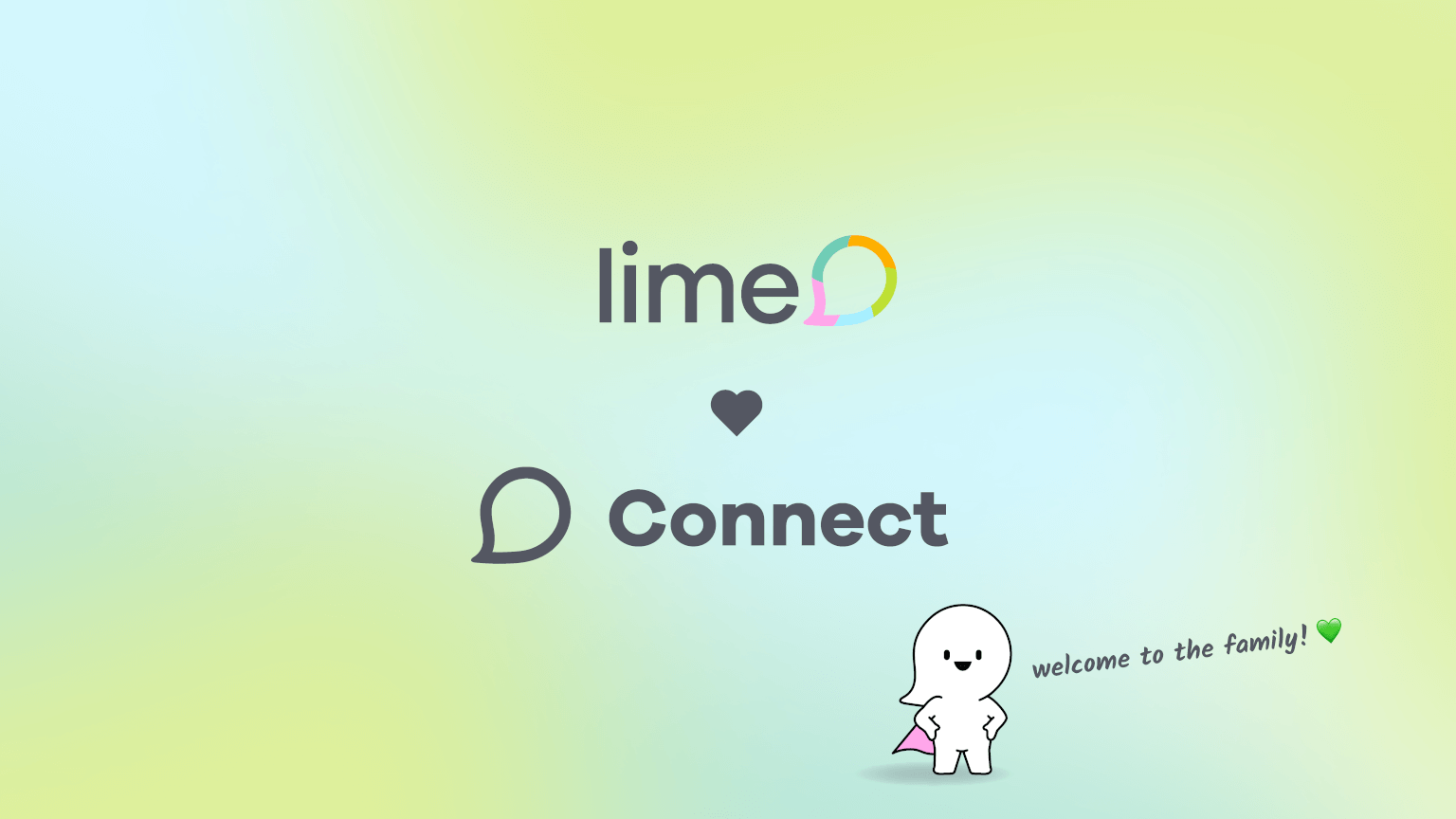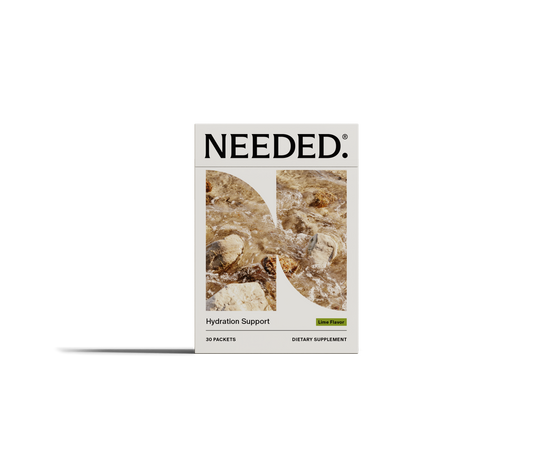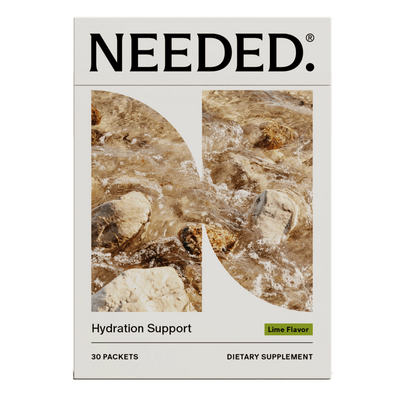Legal Applications of Polygraph Testing
Polygraph testing plays a crucial role in various legal contexts, from criminal investigations to civil litigation. Law enforcement agencies regularly employ certified polygraph examiners to assist in criminal investigations, helping to verify witness statements, eliminate suspects, and focus investigative resources more effectively. While polygraph results may not always be admissible in court, they serve as powerful investigative tools that can guide legal strategies and settlement negotiations.
In civil matters, polygraph testing can be particularly valuable for insurance fraud investigations, employment disputes, and family law cases. Many attorneys utilize polygraph services to assess the credibility of their clients' statements before proceeding with litigation, potentially saving significant time and resources. The psychological impact of polygraph testing often encourages truthfulness and can lead to voluntary admissions or confessions that might not otherwise occur.
Professional polygraph examiners must maintain strict ethical standards and follow established protocols to ensure the reliability and admissibility of their findings. This includes proper pre-test interviews, standardized question formats, and comprehensive post-test analysis procedures that meet industry standards and legal requirements.




